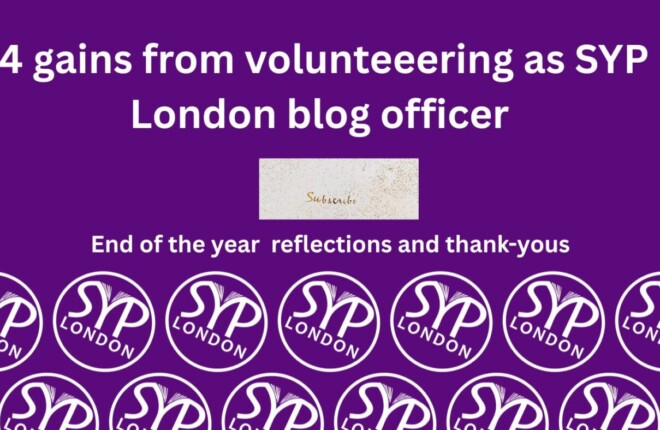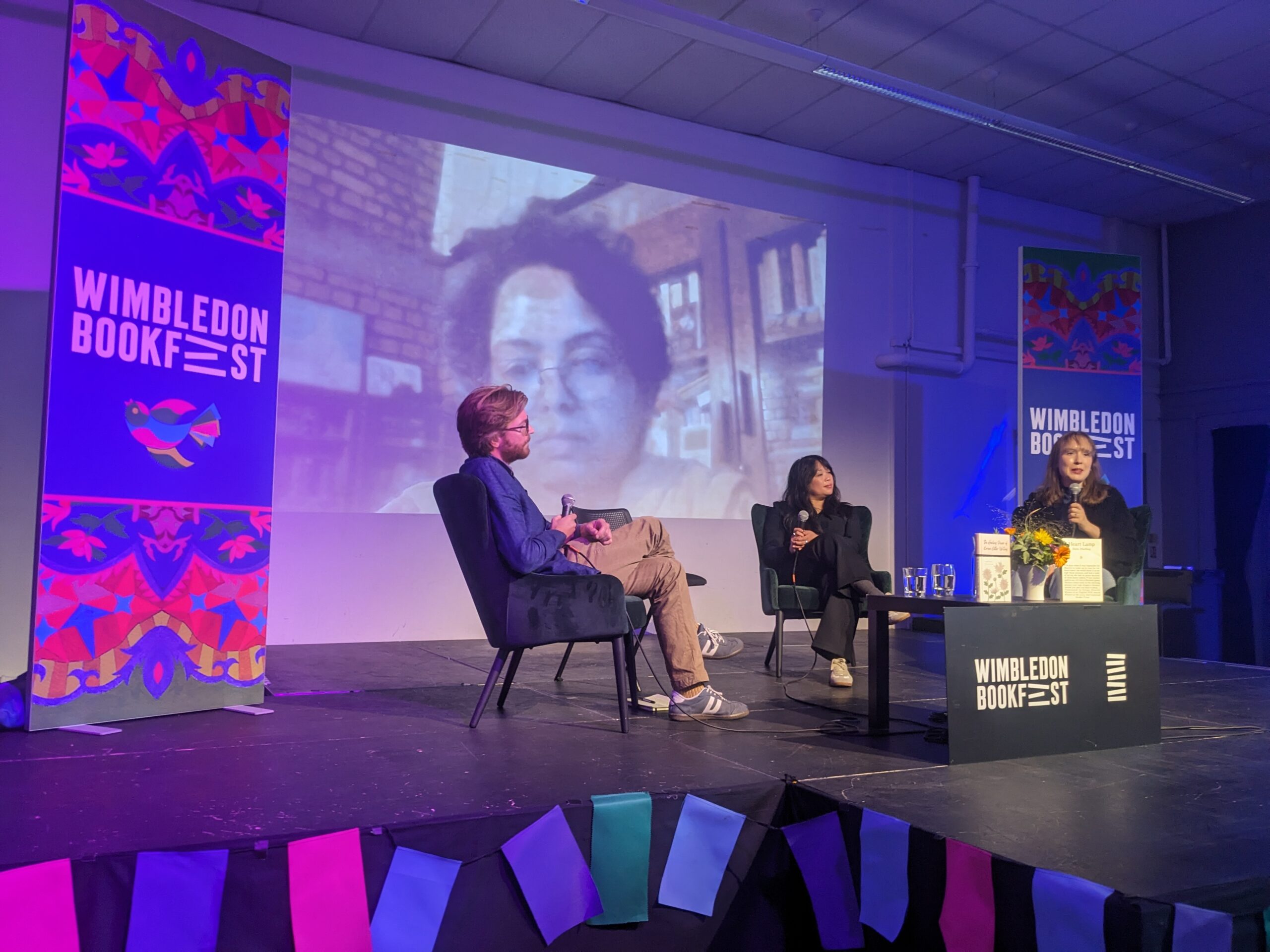
The power of translated fiction at the Wimbledon Bookefest
Posted on October 20, 2025 in London

Translated works become more and more popular, and the role of the literary translator more crucial. Notes from the literary panel with Deepa Bhasthi, Daniel Gorman, Claire Richards and Kristen Vida Alfaro

Heart Lamp is the winner of the 2025 International Booker Prize. It’s the first Kannada-language written work and also the first short story collection to receive the award. Author Banu Mushtaq shares the prize with translator Deepa Bashti, who also curated the book. Bashti has been selecting short fiction that Mushtaq has produced over the last thirty years, focused on the lives of young muslim girls in the Karnataka state in southern India.
It would have been hard for those stories to leave their national borders without Bashti translating them into English. In that capacity, Heart Lamp is again a forerunner since being the first Global Majority translation to be awarded the recognition.
“As much as this is a personal win it is also a win for the language and all those languages around the world that won’t get talked about very often, or which don’t get translated or published outside of their home countries,” explains Bashti to the audience, “Hopefully that will change, and more stories written in the several languages that we have in India will be read all over the world.”
As a matter of fact, translated fiction is hitting popularity in the UK now more than ever. According to moderator Daniel Gorman, director of the English PEN, general readership and readers under thirty-five have increased. ”The UK used to be a very inward-looking market compared to the rest of Europe; it feels to me that’s shifting a bit. There is increasingly a recognition of people who really want to engage with the rest of the world.”
In addition to this, the International Booker Prize is supposed to provoke a knock-on effect in terms of what publishers decide to publish. Or maybe not.
“It certainly contributes to that, but I also want to say that asking what is of interest to publishers would somewhat take away the nuances between the independent publishers andthe big five publishers,” explains Kristen Vida Alfaro, head of indie Tilted Axis Press. “There’s a lot of talk about trends, but at Tilted Axis we’ve never historically followed them. I think it’s kind of the opposite, indie publishers can help start the trends.”
The growth in readership of translated literature is almost a paradox, considering the contemporary surge in xenophobia and nationalism. Vida Alfaro admits feeling dubious when introducing the novel Capitalists must starve [their latest title] to the US market. Understandably so. “We weren’t sure how a title like that would fare, but our sales and distribution people in the US loved it and thought it was going to be our biggest title, not just because of who wrote [Park Seolyeon] and translated it [Anton Hur], but also because of what is happening and what people are craving at the minute.”
“Literature gives the opportunity to live in each other’s minds, it builds community in times of isolation,” observes award-winning translator Clare Richards. “Much from a personal perspective, it’s not surprising that people are seeking out these books.”
“Do you know what the power of translated fiction is?” intervenes indie publisher Vida Alfaro. “It does bring community amongst readers, and Global solidarity. One of the posts that we had on our website had responses from publishers from all over the world, including Mozambique, South Africa, and New Zealand. It’s a community that exists thanks to translators who help build that solidarity.”
In a world where the rights of minorities are neglected, translation promotes inclusion. What about security concerns, a person in the audience wonders in reference to Heart Lamp and the current political situation in India. Has Deepa Bhashti taken any risks into account when starting the project, and would she give up on this genre of translations if they proved too risky?
“Short answer to your question: no, I wouldn’t stop translating these voices.” Bhashti’s passion and involvement lie very deep, as she explains that the stories in Heart Lamp are widely relatable. “When we first started working, both Banu and I were very clear that we didn’t want them to be only Muslim stories. The characters in these stories have names and certain demographical details, but these are also women who face oppression by patriarchal systems or by religious systems.” Not only that, the collection also depicts the female existence in all stages of life, as a young woman and as a little girl, as a young wife and a new bride, or as an elder.
“Deepa’s case of curating the collection is something that’s really worth highlighting, because as translators we are essentially acting the role of an unpaid agent,” observes Richards, who works from Korean mainly on feminist fiction, and the intersection between disability, neurodivergence, and translation. Richards, whose thriving career began with an autism diagnosis, stresses the importance of the relationship with the author, “I’ve had really interesting relationships. With one author in particular, we’ve developed a very close connection with one another, although we never met in person, but I was drawn to her work because I related so strongly to the characters in her stories. I ended up not just translating her work, but writing about translating her work. And then recently, the author sent me an essay collection, where she wrote about the books that I’d recommended to her. It’s a kind of back and forth, really interesting and unexpected.”
Finally, the participants of the panel give a couple of recommendations for who’s interested in exploring the literature from Afghanistan and Palestine: the online literary magazine Words without Borders and the subscription programme Palfest bookshelf [£12 a month to get two titles every two months, with books ranging from contemporary fiction to non-fiction and poetry]. “Don’t forget to ask your local indie bookseller for suggestions on the next progressive and interesting read,” concludes Vida Alfaro.
By Annapaola Paparo




 Listen to the podcast
Listen to the podcast  Explore the Youtube channel
Explore the Youtube channel